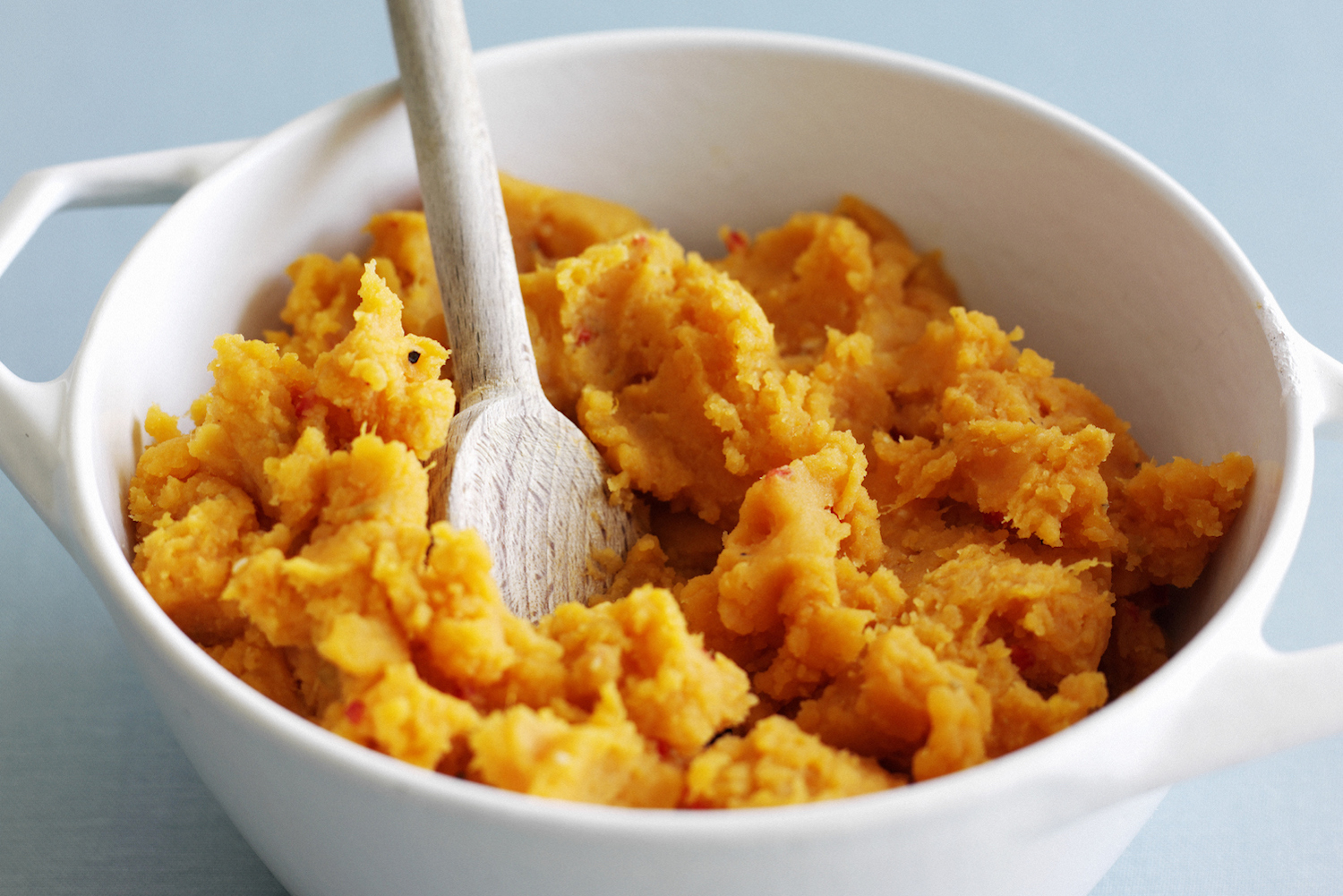
What are carbs?
Let’s go back to basics.
Macronutrients are the three main nutrients your body relies on to function – carbohydrates, protein and fat. These macronutrients cannot be produced by our bodies and must be sourced through our diets. Carbohydrates are a key form of energy and play an important role in mood and memory.
There are many different kinds of carbohydrate-containing foods and their impact on the body vary greatly. Carbohydrates can be differentiated between simple or complex. The difference is down to the carbohydrate’s chemical structure and how quickly it’s digested.
Complex carbohydrates have longer chains of sugar molecules compared to simple carbohydrates, so they take more time to break down and offer longer lasting energy.
Simple carbs include dairy, fruits, and vegetables; while complex carbs include whole grains, starchy vegetables, and legumes. You do need both types of carbs for a balanced diet, BTW.
How many carbs should you eat per day?
“There are some guidelines around how much of these we should consume each day for general intake, for the general population,” Accredited Practicing Dietitian Lauren McGuckin previously told Women’s Health.
“Essentially these take into account risk of chronic disease development, looking at the current diet trends and the current Western diet, but also the availability to meet our micronutrient target within those particular macronutrient ranges.”
Current Australian dietary guidelines advise carbohydrates should make up 45 to 65 percent of our total daily energy intake. However, this can come down to a number of factors including genetics, tastes, lifestyle and activity level, as well as your goals whether they be muscle building or weight loss.
For example, a 40/40/20 ratio is a commonly suggested macronutrient breakdown for fat loss. If your daily calorie goal is 2000 per day, this is what that would look like: 2000 calories per day x .40 (percentage of calories from carbs) = 800 calories➗ 4 (the number of calories per gram of carbohydrate) = 200 grams of carbohydrates.
If you’re following something like the ketogenic diet, you’ll be advised to limit your carbohydrate intake to 20 grams a day.
RELATED: Paleo vs. Keto Diet: Which Low Carb Diet Is Right For You
Next topic… what are sweet potatoes?
Sweet potatoes are a root vegetable from the dicotyledonous plant that belongs to the bindweed or morning glory family. Despite their similarities, sweet potatoes are not related to white potatoes which are a part of the nightshade family.
There are different kinds of sweet potatoes with a range of coloured flesh including orange, white and purple.
How many carbs in a sweet potato
The nutritional profile for 100 grams of raw sweet potatoes are:
- Calories: 86
- Water: 77%
- Carbs: 20.1 grams
- Protein: 1.6 grams
- Sugar: 4.2 grams
- Fiber: 3 grams
- Fat: 0.1 grams
Are sweet potatoes healthy?
“Sweet potatoes are packed full of nutrients, vitamins, minerals, antioxidants and fibre,” nutritionist Fiona Tuck told Men’s Health. “Antioxidants in sweet potatoes include carotenoids, anthocyanins and phenolic acids, all of which may help to contribute to fighting free radical damage that has been linked to ageing and disease. Sweet potatoes are a good source of beta carotene, a precursor to vitamin A which is required for healthy skin, eyes and immune system health.”
And yes, they’re full of healthy carbs with low to medium GI (based on how they’re prepared).
“Sweet potatoes are a good source of energy boosting carbohydrates,” she says. “Sweet potatoes are a highly nutritious food and a good addition into a balanced, healthy diet.”
Can you eat sweet potato skin?
Yep and doing so will give you a whole bunch of extra fibre found in the sweet potato skin.
RELATED: Why Carbs Are Not The Cause Of Your Weight Gain
How do the carbs in sweet potatoes compare to other veggies?
Here’s how many carbs are in 100 grams of other popular vegetables:
- Pumpkin: 7 grams
- White potato: 16 grams
- Turnips: 6 grams
- Zucchini: 3.1 grams
- Capsicum: 9 grams
- Eggplant: 6 grams
How to store sweet potato
Storing your sweet potatoes in the refrigerator will harden them at the centre and produce a bitter taste. Opt for a dry, cool, and well-ventilated container, which can prolong their lifespan up to two weeks.
How to cook sweet potato
Sweet potato is incredibly versatile when it comes to cooking. You can make sweet potato fries, sweet potato mash, jacket sweet potatoes, sweet potato hash browns, add sweet potato to your burger patties, or roast sweet potatoes.


















